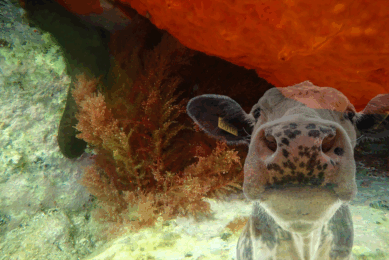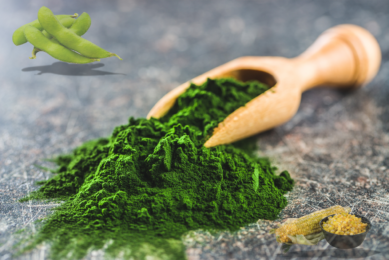Using power station emissions for algae growth
Australian company MBD Energy believes it can use the emissions from coal-fired power stations to make a high-protein livestock feed.
MBD proposes to draw off carbon dioxide from coal-fired power plants and feed it into giant "algae farms", growing millions of tonnes of slimy green stuff that can be converted into feed meal or oil for biofuels and industrial use.
This so-called "bio-sequestration" concept is fast gaining traction. MBD Energy said it has already signed agreements to conduct demonstration trials with three coal-fired power stations in Australia.
A 5000 square metre experimental site, the largest of its kind in the southern hemisphere and possibly the world, will be opened at Townsville later this month.
With the MBD principle carbon dioxide and possibly other greenhouse gases are drawn straight from the flue of a coal-fired power station and fed to an "algal synthesiser" farm.
There the gases are fed to specially-selected strains of oil-rich algae growing in brackish water, with nutrient supplied by a mix of sewerage or intensive livestock waste and commercial fertilisers.
The algae multiplies in the synthesiser, consuming the greenhouse gases and emitting oxygen and hydrogen. As it multiplies, it is pushed out into large opaque tubes, 50 metres long by 3.2 m wide, where it continues to grow during sunlight hours.
Every 24 hours, 50% of the algal growth is flushed from the tubes and processed.
Fuel and feed
MBD’s current calculations are that 35% will be spun in centrifuges to extract oil for the manufacture of biofuel and plastics.
The remainder can be turned into meal containing 20% protein that can be potentially used as a livestock feed, or biomass for fertiliser, power generation or plastics production.
As a water-borne plant, algae contains only a fraction of the cellulose that land plants require to maintain cell structure. It is during the digestion of cellulose that ruminant animals produce methane.
Experiments are now underway at James Cook University (JCU) to investigate the effects on methane production of feeding cattle algae meal as part of a broader ration.
Source: The Land











